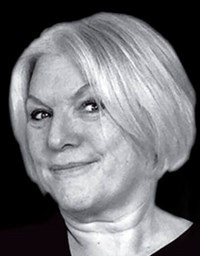Events
WHX Dubai
Dubai, United Arab Emirates
Coloplast: The value of care: Understanding the financial side of practice
London, UK
@10.00 am - 04.00 pm
RSM (Royal Society of Medicine) Endourology Day
London, UK
Now a staple in the national endourology calendar, this meeting will highlight cutting-edge developments in stone disease, upper tract TCC, and BPH.
The day concludes with the much-anticipated, informal 'Challenging Cases' session, a lively forum for discussion and learning.
WMSM World Meeting on Sexual Medicine
Porto, Portugal
RCPE: Medical Trainees Conference 2026
Hybrid, Edinburgh, UK
Royal College of Physicians of Edinburgh: Medical Trainees Conference 2026
Bladder & Bowel UK Symposium in the North
Manchester, UK
Supporting bladder and bowel health for everyone Join us at the Bladder & Bowel UK North West Symposium! This is an exceptional opportunity for healthcare professionals to engage with leading national experts and immerse themselves in a programme packed with...
The Royal Marsden: An Introduction to the Science Behind Systemic Treatments for Prostate, Bladder, and Kidney Cancer
London, UK
Dr Elaine Vickers will provide an introduction to the science behind a wide variety of targeted therapies and immunotherapies given to people with prostate, bladder and kidney cancer.
Robotic Radical Prostatectomy Course - Posterior Approach
Melle, Belgium
Bladder & Bowel UK National Symposium North West
Manchester, UK
The Bladder & Bowel UK National Symposium North West 2026 Supporting bladder and bowel health for everyone Join us at the Bladder & Bowel UK North West Symposium! This is an exceptional opportunity for healthcare professionals to engage with leading...





